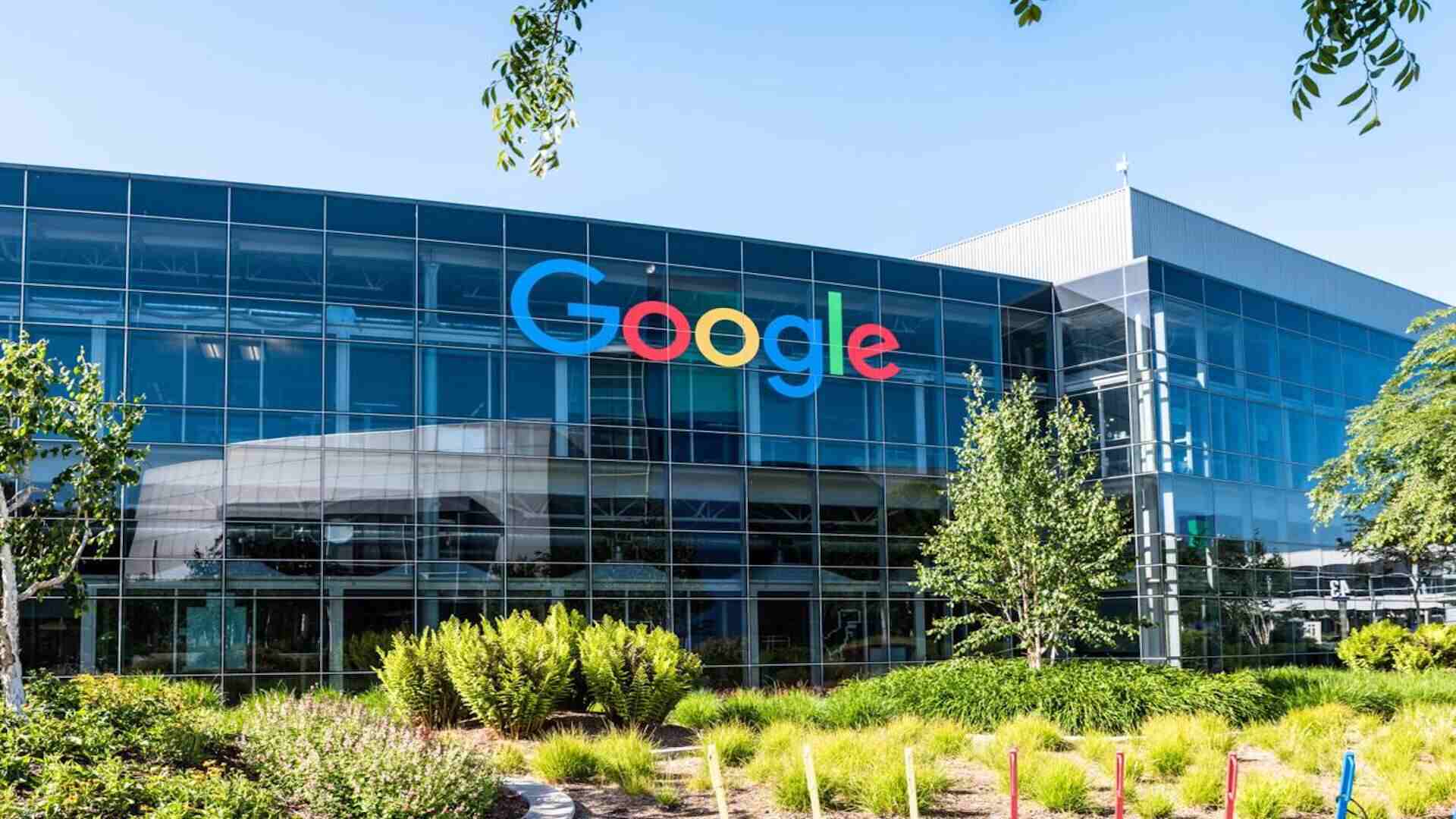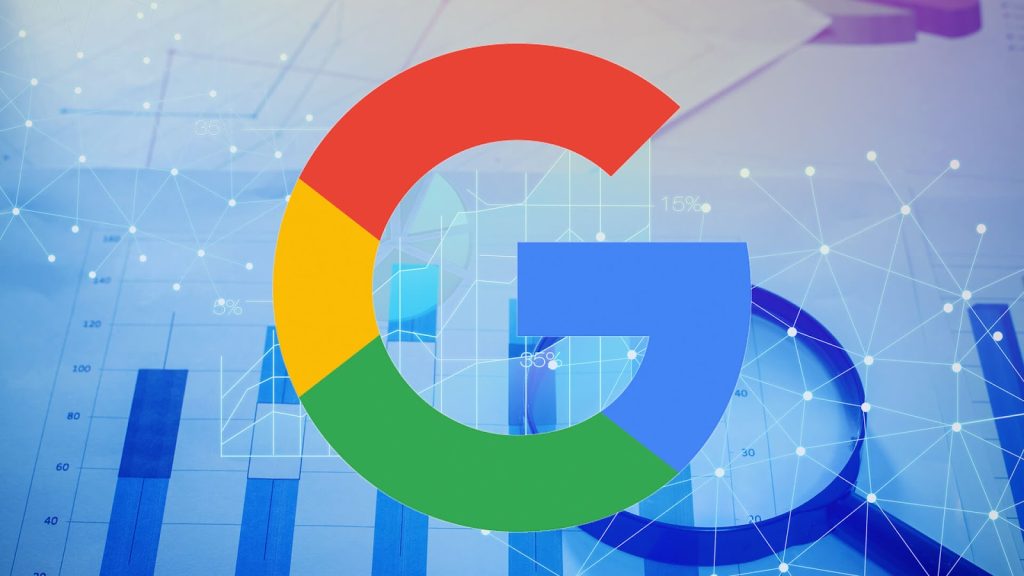In recent months, the tech giant Google has found itself in the spotlight once again—not for its latest innovations or product launches, but for a series of legal battles that have raised concerns about its data practices and market dominance. As the United States continues to grapple with the growing power of big tech companies, questions surrounding Google’s legal troubles have become increasingly relevant. This article explores whether Google is being sued, the nature of these lawsuits, and what they could mean for the future of digital privacy and competition.
The Privacy Lawsuit: A Major Verdict
One of the most significant legal cases currently affecting Google involves a class-action lawsuit centered on user privacy. In a recent ruling, a U.S. federal court ordered Google to pay $425 million to users who had turned off a tracking feature in their Google accounts. The jury found the company liable on two out of three claims related to privacy violations, though it ruled that Google did not act with malice, meaning no punitive damages were awarded.
The case, which was filed in July 2020, alleged that Google continued to collect data from millions of users even after they had disabled the Web & App Activity setting. Plaintiffs claimed that this data collection occurred through partnerships with apps such as Uber, Venmo, and Meta’s Instagram, among others. Google denied wrongdoing, stating that the data collected was “nonpersonal, pseudonymous, and stored in segregated, secured, and encrypted locations.”
This verdict has sparked widespread debate about how tech companies handle user data, especially when users believe they are protecting their privacy. Google’s spokesperson emphasized that the company respects user choices, saying, “Our privacy tools give people control over their data, and when they turn off personalisation, we honour that choice.”
The Broader Context: Antitrust and Market Dominance
While the privacy lawsuit highlights concerns about data collection, Google also faces a broader set of legal challenges related to its market dominance. The U.S. Department of Justice (DOJ) has been actively pursuing antitrust cases against major tech companies, and Google is at the center of several of these efforts.
In one high-profile case, a U.S. federal judge ruled that Google would not have to sell its Chrome web browser but must share search data with competitors. The decision came after a years-long court battle over Google’s dominance in online search. The DOJ had initially sought to force Google to divest Chrome, but the court instead mandated that the company stop having exclusive contracts with device manufacturers and share data with rivals.
This ruling marks a significant shift in how regulators are approaching the issue of monopolistic behavior in the tech sector. It signals a growing willingness to challenge the status quo and ensure fair competition in the digital marketplace.
Other Legal Challenges: Competition and Advertising

Google is also facing another antitrust case overseen by District Judge Leonie Brinkema, who recently ruled that Google holds a monopoly in advertising technology. This case is expected to go to trial later this month, with potential remedies aimed at curbing Google’s influence in the ad tech space.
Additionally, the DOJ has filed separate lawsuits against Apple and Meta, accusing both companies of anti-competitive practices. Apple is being challenged over its tightly controlled ecosystem of devices and software, while Meta is facing allegations that its acquisitions of Instagram and WhatsApp stifled competition.
These cases reflect a broader trend in U.S. regulatory action against big tech firms. With the Trump administration’s appointees now leading key agencies like the Federal Trade Commission (FTC) and the Justice Department’s antitrust division, the approach to regulating tech giants is evolving. Some officials have expressed concerns about the concentration of power in the hands of a few companies, warning that it could limit consumer choice and stifle innovation.
What Does This Mean for Users?

For everyday users, the implications of these lawsuits are multifaceted. On one hand, the privacy lawsuit highlights the importance of transparency and user control over personal data. If Google is found to be collecting data without proper consent, it could lead to stronger regulations and more robust privacy protections.
On the other hand, the antitrust cases raise questions about the role of large tech companies in shaping the digital landscape. If Google is forced to change its business practices, it could lead to a more competitive environment where smaller companies and startups have a better chance of thriving.
However, there are also concerns about the potential consequences of such changes. For example, if Google is required to share more data with competitors, it could impact the user experience and the efficiency of its services. Balancing innovation, competition, and privacy remains a complex challenge for regulators and tech companies alike.
The Road Ahead: Appeals and Future Litigation

Despite the recent rulings, Google is not backing down. The company has stated its intention to appeal the privacy lawsuit, arguing that the verdict misunderstands how its products work. Similarly, in the antitrust cases, Google has submitted its own proposals to address the court’s concerns, maintaining that it does not need to make significant changes to its business model.
The outcome of these appeals will be closely watched by both the public and the tech industry. If Google successfully overturns the rulings, it could signal a victory for big tech in the ongoing legal battles. However, if the courts uphold the decisions, it may set a precedent for how other tech companies are held accountable for their actions.
Conclusion: A New Era for Tech Regulation
As the U.S. continues to navigate the complexities of regulating big tech, the legal challenges facing Google serve as a microcosm of a larger debate. From privacy concerns to antitrust issues, the company’s situation reflects the growing scrutiny of tech giants and the need for a balanced approach that protects both consumers and innovation.
Whether Google is ultimately found guilty of these allegations or not, the ongoing litigation underscores the importance of accountability in the digital age. As more cases emerge and new regulations are proposed, the future of tech regulation in the U.S. remains uncertain—but one thing is clear: the conversation around big tech is far from over.
Author: Alex Carter
Title/Role: Technology & Law Correspondent
Credentials: With over a decade of experience covering tech policy and legal developments, Alex has reported on major cases involving Google, Facebook, and other tech giants. His work has been featured in leading publications including The Wall Street Journal and TechCrunch.
Profile Link: https://www.alexcartertech.com
Sources:
1. BBC – Google told to pay $425m in privacy lawsuit
2. Reuters – Google privacy lawsuit verdict
3. The New York Times – Antitrust cases against Google and other tech companies
Related Articles:
– How Big Tech is Shaping the Future of the Internet
– Understanding the Impact of Antitrust Laws on Tech Companies
– The Evolution of Data Privacy Regulations in the U.S.
Stay updated with the latest news on tech regulation, privacy, and antitrust issues. Follow our blog for in-depth analysis and breaking updates.











More Stories
How to Claim Your Joy in League of Legends: A Step-by-Step Guide
What is WSET? A Comprehensive Guide to Wine Education
How Will VA Compensation Be Affected by a Government Shutdown?